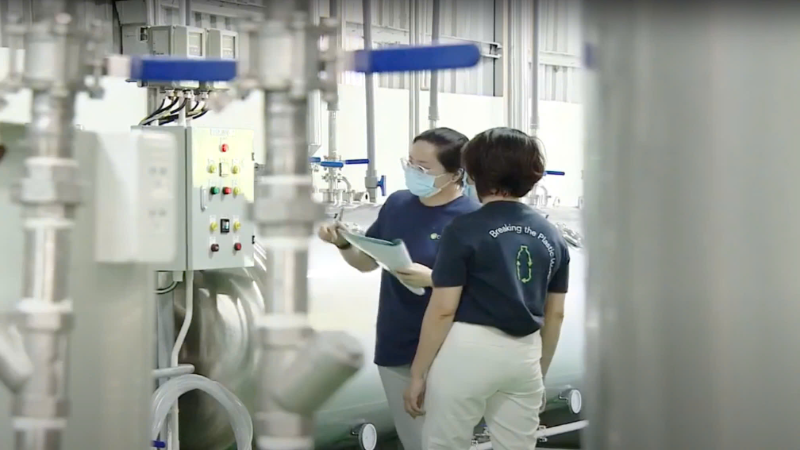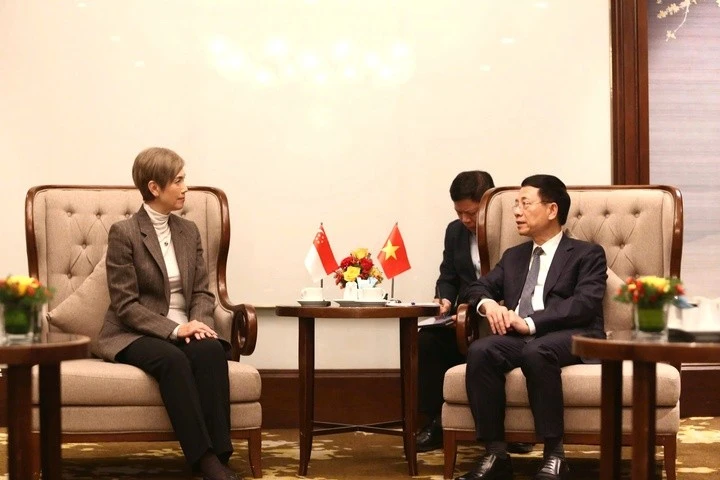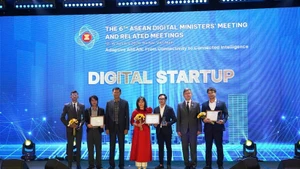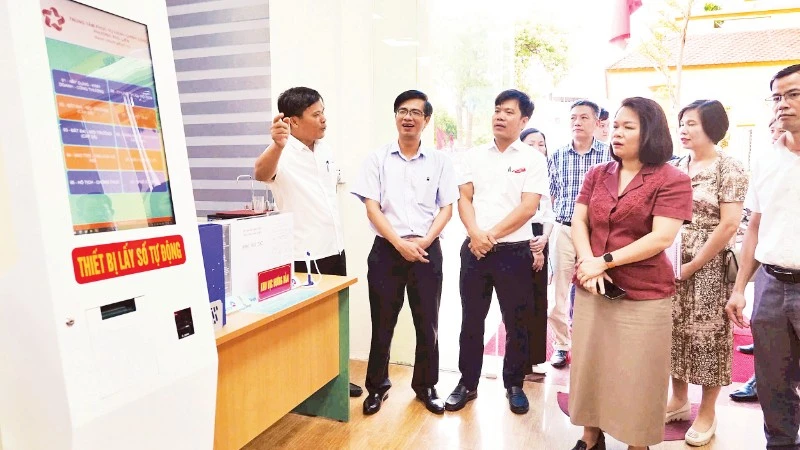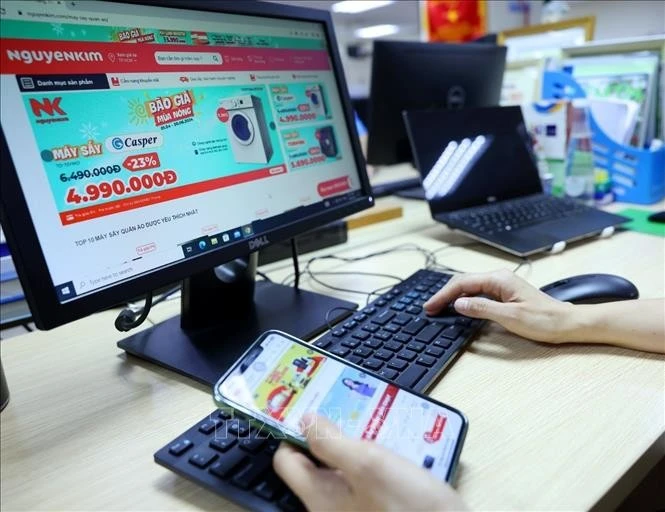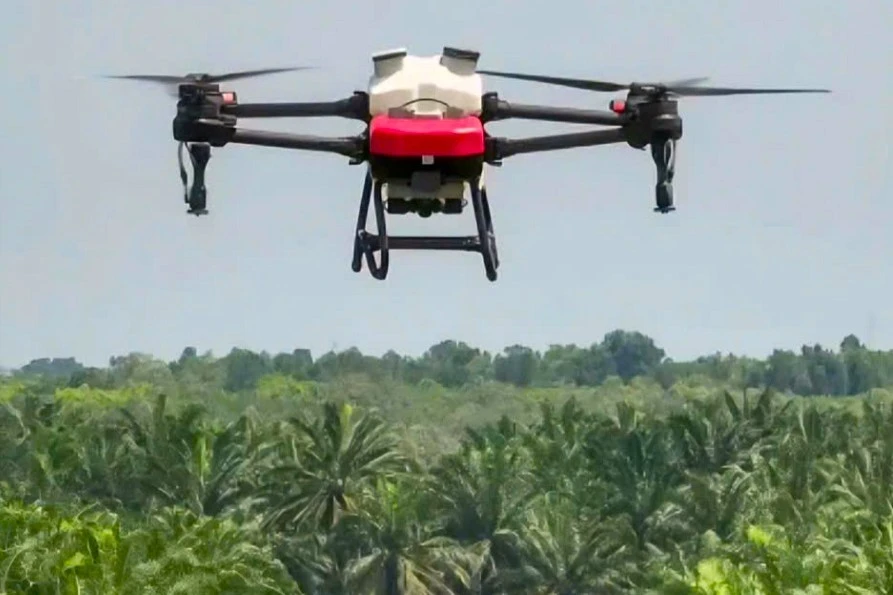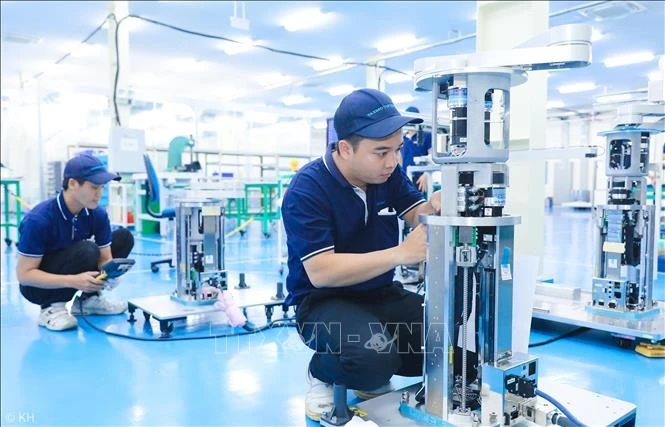BUYO, the champion of Techfest Vietnam 2023, is one of six Vietnamese startups selected to join the 2025 support programme of the Partnering for Green Growth and the Global Goals 2030 (P4G) Forum. With its pioneering technology that transforms agricultural by-products into fully biodegradable biomaterials to replace plastic, BUYO has proven its position in the international market, obtaining stringent certifications from demanding markets such as Europe and the United States, and securing partnerships with leading global corporations.
However, BUYO’s products are welcomed in foreign markets with green procurement schemes, investment incentives, and policies encouraging new materials and banning conventional plastics. Meanwhile, in Vietnam, where the startup was incubated and developed, there is still no attractive policy framework for green technology to take root.
According to the National Startup Support Centre, several key bottlenecks are currently hindering the commercial journey of startups like BUYO:
First, public procurement mechanisms still prioritise low costs. While BUYO’s products meet international standards for biosafety and biodegradability, Vietnam’s public procurement policies continue to favour the lowest price, with little regard for environmental impact or user safety. This places considerable pressure on innovative green businesses.
Second, the mindset for green transition has not deeply permeated organisations and enterprises. The public sector still requires significant momentum to shift towards green production and consumption. There has been little change in thinking, and there are no KPIs for “green levels” in public procurement, resulting in a wide gap between sustainable development expectations and actual actions, as well as between the public and private sectors.
Third, there is a lack of mandatory transition policies. Without regulations requiring biomaterials or clear roadmaps with strong enforcement measures to phase out traditional plastics, the Vietnamese market lacks the necessary leverage to shift towards alternative materials. Green startups have to struggle independently in a free market without institutional support.
Vietnam has committed to achieving net zero emissions by 2050, but without policies that encourage the adoption of domestic green technologies, this target will be extremely difficult to meet and opportunities for pioneering startups like BUYO will shrink.
Based on its work with BUYO, the National Startup Support Centre has proposed several policy recommendations to support startups in biotechnology and the circular economy.
Accordingly, the following tasks need to be performed:
Develop a dedicated legal framework for green materials and biodegradable products, including a clear roadmap for reducing and ultimately banning conventional plastics, environmental taxes on polluting plastics, an eco-product recognition system, and appropriate incentive policies.
Prioritise public market access, implement green-oriented procurement mechanisms and roll out practical green action campaigns across public sectors from central to local levels to support environmentally friendly and pioneering technologies developed by Vietnamese enterprises.
Apply special financial incentives for startups with internationally certified sustainability credentials, such as tax exemptions for imported biobased raw materials, support for product testing costs, and rent exemptions in green industrial zones.
Integrate green criteria into all state-supported startup programmes, trade promotion schemes, fairs, and exhibitions, to ensure that domestic green products are given genuine opportunities for market access and selection.
